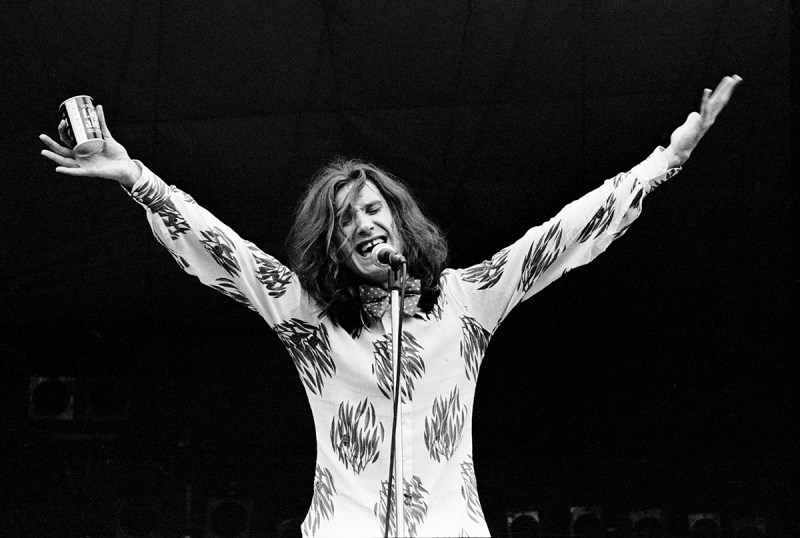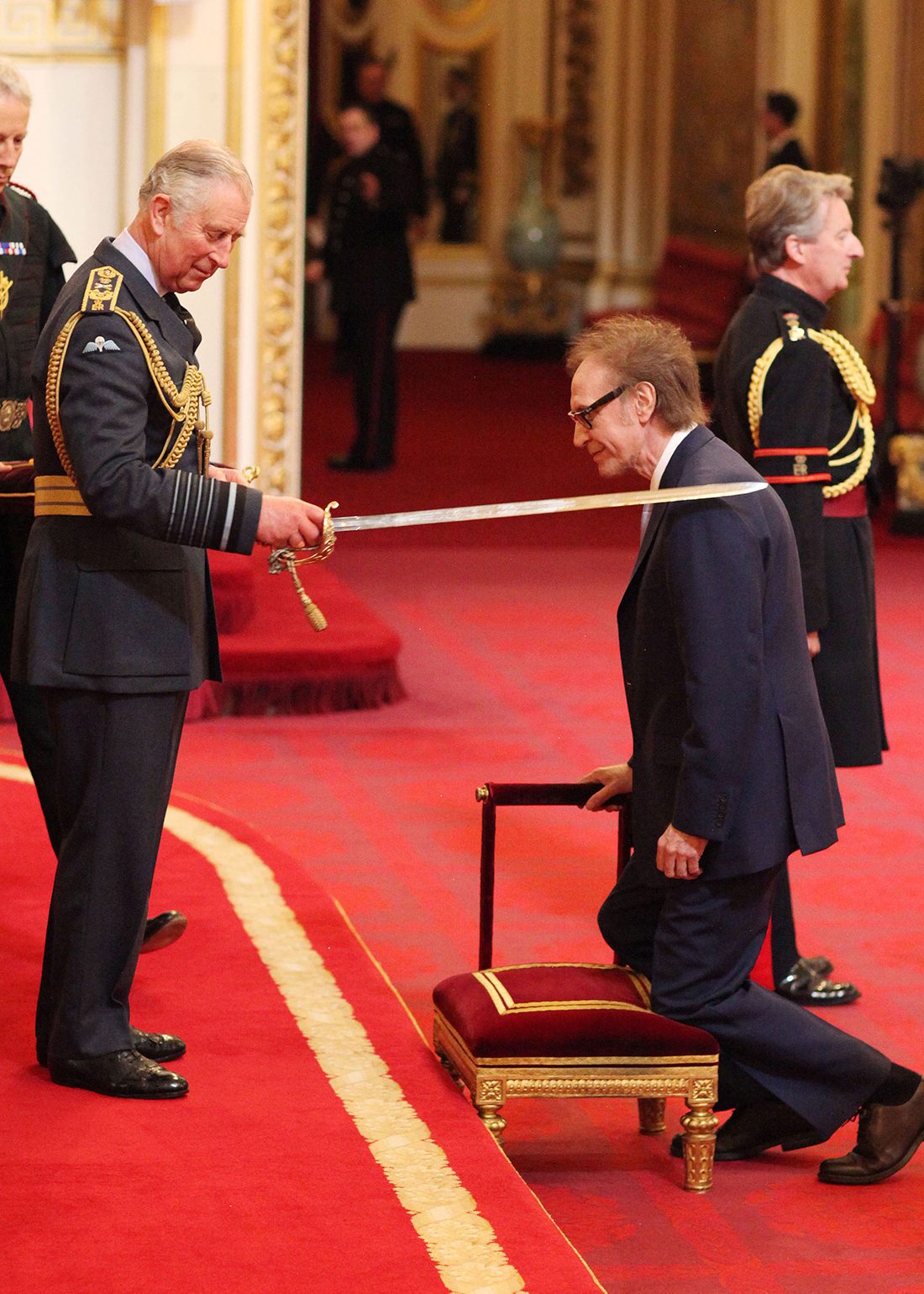
Rare is the British Invasion band that was both highly influential and altogether absent from the U.S. market. That could be said of The Kinks, the legendary British four-piece that hailed from North London.
Though still under-appreciated here, the band just earned another measure of respect in their home country. Yesterday, The Kinks’ frontman, lead songwriter, and vocalist Ray Davies was knighted by the Queen of England, according to Rolling Stone.
How did he end up Sir Ray Davies? It’s a pretty compelling story.
After The Beatles struck stateside gold in 1964, The Kinks got caught up in the tsunami wave of British Invasion acts that broke through in the aftermath. Also consisting of Ray’s brother, Dave, on lead guitar, Pete Quaife on bass, and Mick Avory on drums, The Kinks landed a Billboard Top 10 single in 1965 with their ragged-sounding gem, “You Really Got Me,” which propelled them into the national spotlight. The song itself went on to become highly influential; critics have pointed to it as a precursor to both garage rock and punk—and many claim it’s the first time distortion effects were ever used on a song.
But shortly after they charted in the states, the band was banned from touring in the U.S. through 1969, due to their supposed rowdiness on stage. This basically ringing a death knell for the band’s wider success in the biggest music market in the world.
Of course, that didn’t stop Davies and company from spilling out mountains of memorable music in the interim years and finding chart success in the U.K. During the mid-to-late ’60s, the band hit their stride, putting out a string of possibly the most underrated rock albums in history, including Face to Face (1966), Something Else by the Kinks (1967), concept album The Kinks Are the Village Green Preservation Society (1968), and a second one, Arthur (Or the Decline and Fall of the British Empire) (1969). Of course, most U.S. audiences will recognize the single from Arthur‘s 1970 follow-up: “Lola,” a groundbreaking song about an intimate encounter with a transgender woman that cracked the Billboard Top 10. (It also marked the band’s unofficial “return” to the U.S.)
Based on the previous recognition of many of his peers, one could argue Ray Davies’ knighthood is a long time overdue. Nevertheless, Davies has no intention of slowing down. He is set to release a new solo album on April 21, entitled Americana, with one of America’s great alt-country bands, The Jayhawks, backing him up. As a parting gift, here is perhaps Davies’ greatest lyrical and melodic accomplishment, “Waterloo Sunset,” which former Village Voice music critic Robert Christgau has referred to as “The most beautiful song in the English language.”
—Will Levith for RealClearLife
This article was featured in the InsideHook newsletter. Sign up now.
